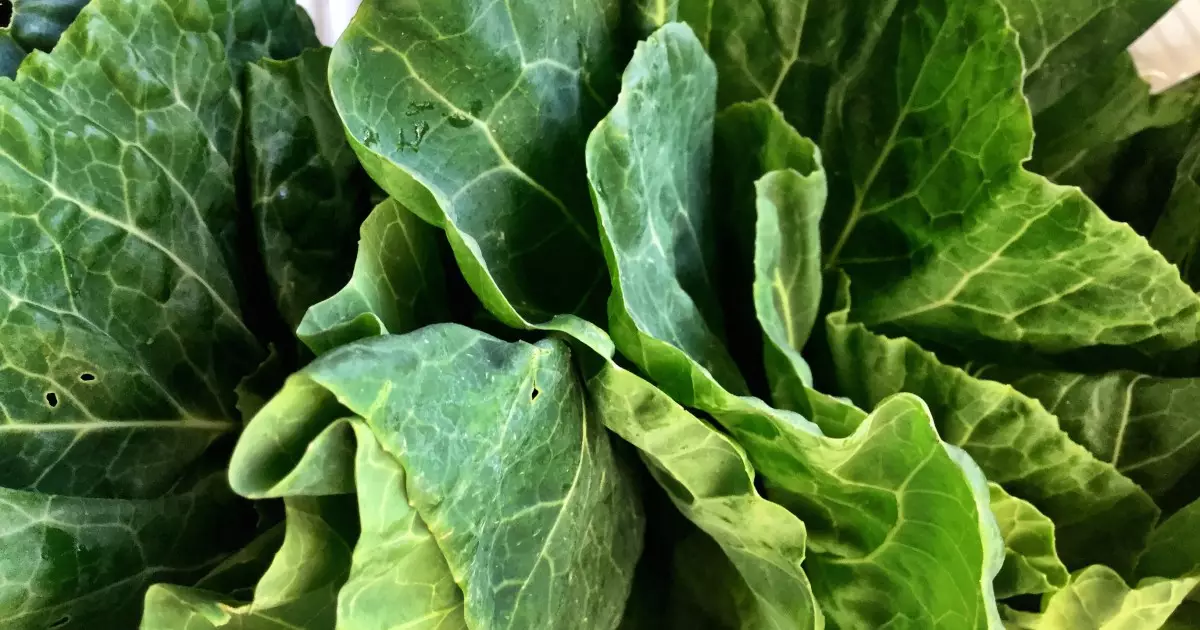Collard greens, a staple in Southern cuisine, pack a powerful nutritional punch. Bursting with vitamins A, C, and K, as well as essential nutrients like folate and riboflavin, these leafy greens can provide numerous health benefits. For dog owners contemplating adding collard greens to their canine’s diet, it’s essential to know both the perks and pitfalls. These greens boast high fiber content, which can support digestion, but not all dogs are suited for this particular vegetable.
Vet Insights and Individual Needs
Before introducing collard greens to your dog’s mealtime, consulting with your veterinarian is crucial. While collard greens aren’t overtly toxic, they can pose risks for dogs with existing medical conditions, particularly those related to the bladder or kidneys. Dogs suffering from such issues may face challenges with the high calcium oxalate levels present in collard greens, which can contribute to the formation of stones in urinary tracts. Therefore, a one-size-fits-all answer to whether dogs can safely consume collard greens is unwise; it hinges heavily on individual health circumstances and dietary needs.
Preparation and Serving Considerations
The method of preparation plays a significant role in making collard greens safe for dogs. Ideally, these greens should be steamed to reduce their toughness, followed by meticulous chopping into smaller, digestible pieces. While the leaves provide the most nutritional value, the stems can lead to gastrointestinal distress due to their fibrous nature. Moreover, serving collard greens unseasoned and fresh, or lightly blanched, is vital. Ingredients like salt, which may enhance flavor for human consumption, are detrimental to dogs. Excessive sodium intake can lead to serious health issues, including salt poisoning, making it essential to avoid any additives when preparing these greens for your furry friend.
Portion Control Is Key
Even if your dog is healthy and can tolerate collard greens, moderation is critical. A recommended starting point is offering less than half a cup in a day, adjusted based on the size and weight of your dog. Larger dogs may handle bit more than smaller breeds, but it’s best to err on the side of caution. Consulting with your vet about portion sizes tailored to your dog’s specific needs is always the best practice. This level of care ensures that you’re offering a nutritious supplement without overwhelming their system or triggering unwanted health issues.
A Healthy Treat or a Risky Addition?
In sum, while collard greens can be beneficial in certain instances, they are not universally suitable for all dogs. Each dog comes with its own set of dietary restrictions and health concerns, making it essential for pet owners to consider their individual pet’s specific needs. Ultimately, the decision to incorporate collard greens into your dog’s diet should be made with a careful and considered approach, prioritizing their well-being above all else.

